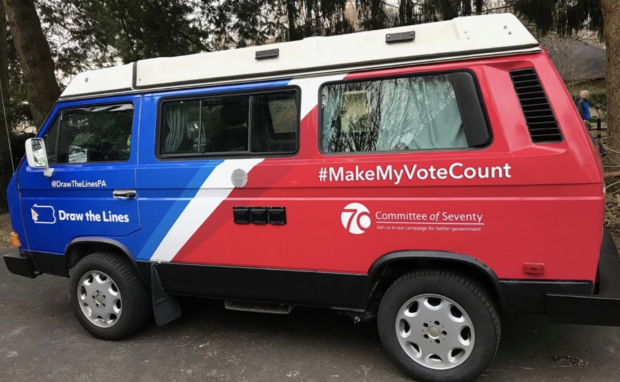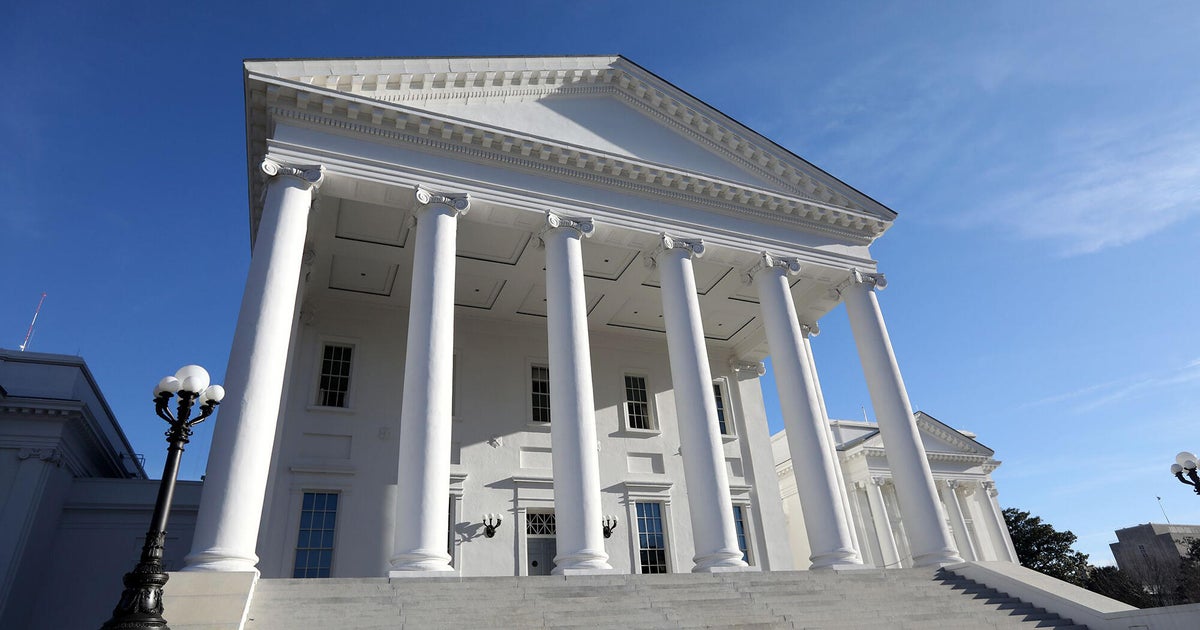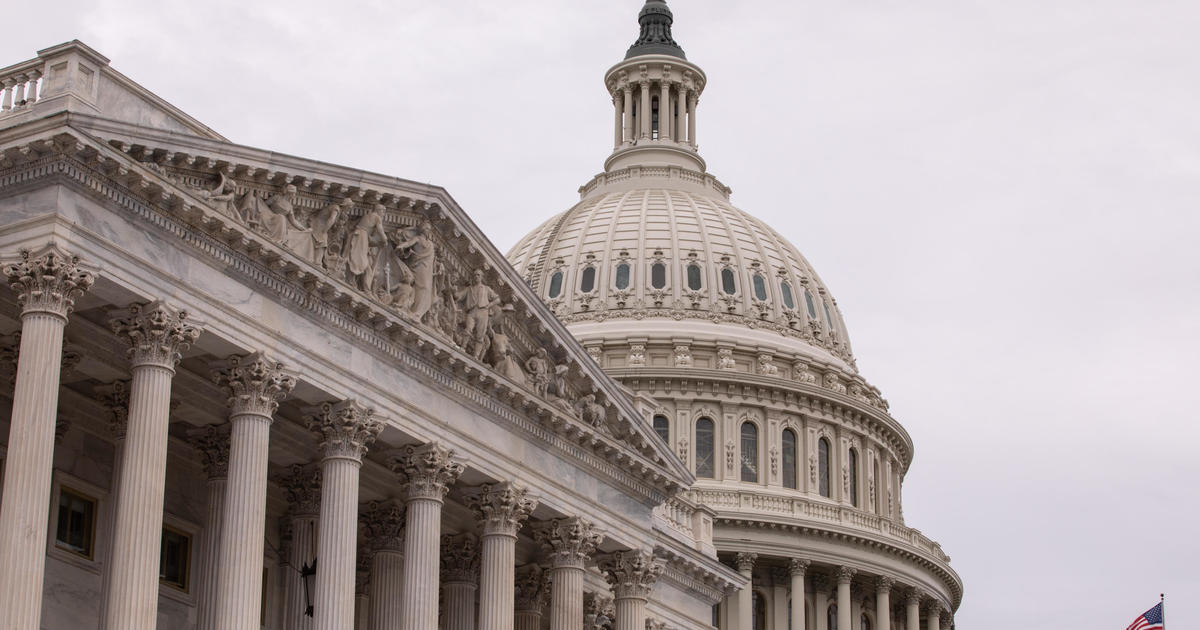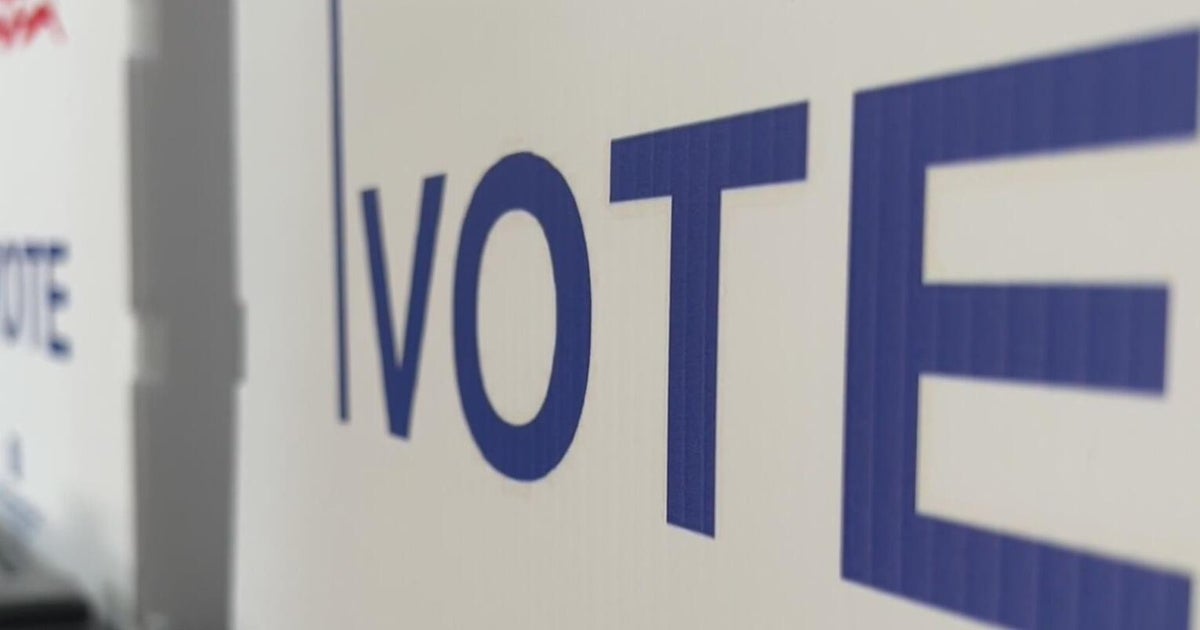What is ballot harvesting, where is it allowed and should you hand your ballot to a stranger?
Last week at the Republican convention, President Trump told a cautionary story about a program that may be unfamiliar to many voters.
"In North Carolina, you had a fine pastor. A fine man. And they got him on harvesting," Mr. Trump said. "They wanted to put him in jail. And now they want to make it all so that everybody can harvest."
What he was describing — ballot harvesting — involves a law that allows third parties to collect and deliver ballots in some states. Though he misstated the details, Mr. Trump was referring to the high-profile fraud case in North Carolina's 9th Congressional District in 2018. There, Republican operative McCrae Dowless was indicted for mishandling absentee ballots in an effort to sway the election for a pastor named Mark Harris. The election was overturned and Harris, who denied knowing what Dowless was doing, withdrew his candidacy.
Before 2018, Dowless worked as an operative on get out the vote efforts for several local races in Braden County. But two years ago he was accused of paying workers to collect absentee ballots from voters, to fraudulently sign them and then deliver them to election offices. Ballot collection by third parties is illegal in North Carolina. But several states allow operatives like Dowless, as well as campaign volunteers and other third party advocates to collect completed, authenticated ballots.
In states where the practice is legal, volunteers or campaign workers can go directly to the homes of voters, collect the completed ballots, and drop them off en masse at polling places or election offices. In some states, ballot harvesters can be paid hourly for their work collecting ballots.
Critics fear that in states without restrictions on who can return a ballot on someone else's behalf, a third party could take advantage of the system by tampering with or discarding the ballots.
North Carolina allows only a close relative or verified legal guardian to return the ballot, and a witness must sign the absentee ballot envelope. The 2018 case showed there was not enough of a deterrent to prevent fraud, even though the perpetrator was apprehended. In response, the state assembly passed a law to make the names of those who requested absentee ballots confidential and strengthened the penalties for misconduct.
But 26 states allow a voter to designate someone else to return their ballot for them, according to the National Conference of State Legislatures. A dozen of those states limit the number of ballots that the designee can collect and return on behalf of voters. And 10 states allow the ballot to be returned by the voter's family member.
California expanded its ballot collection program in 2016 to allow any person — not just a relative or housemate — to collect an absentee ballot. Operatives can be paid for ballot harvesting in California but their compensation can't be calculated based on the number of ballots they collect.
In April, the state Republican Party sued Governor Gavin Newsom over ballot harvesting, arguing the practice defied the governor's own stay-at-home order instituted because of COVID-19. A spokesperson for the state party said it has since dropped the lawsuit.
At the time, Secretary of State Alex Padilla said there was "no conflict" when it comes to ballot harvesting amid a pandemic. He acknowledged there are "numerous public health directives" but insisted there are "fundamental voting rights that are in place and must be protected" while also abiding by public health directives.
With more voters now expected to vote absentee than ever before, there has been a renewed focus on the voting process and on how ballots reach their final destination.
Supporters of ballot harvesting say it's designed to expand access to voting, particularly for seniors and disabled citizens, as well as low-income and Native American communities. It is "making sure we make it accessible for those populations in particular that have historically been disenfranchised," said Nevada Democratic Assembly Speaker Jason Fierson.
The Nevada Assembly passed legislation that would allow the state to mail a ballot to every registered voter, and the bill allows for third parties to collect ballots. Fierson argues that the threat to Postal Service funding and the warning of mail delays "makes ballot assistance even more important."
But critics argue it opens the door to abuse and interference. The Nevada law does not limit how many ballots a person can collect. The Trump reelection campaign filed a lawsuit against the measure in Nevada and in other states.
"There's a tremendous chain of custody issue that every voter should be concerned about," said Illinois Representative Rodney Davis, the top Republican on the House Administration Committee. He has introduced federal legislation to prevent ballot harvesting. "The chain of custody that has to be taken into consideration because our ballot is so much more important — we have to understand how it gets to its final counting spot."
Advocates say ballot collection is intended to be done by staff and volunteers for a party or a campaign, who bring and submit the ballots to the election office.
There are also some gray areas. Ballot collection is illegal in Pennsylvania, but there are no clear laws around ballot drop boxes. In Philadelphia, a nonpartisan group called "The Committee of 70" launched a "Voteswagon" in conjunction with the city commissioner's office during the primary to collect over 5,000 ballots and return them to polling locations. The Trump campaign has filed a federal lawsuit to prevent the use of drop boxes in Pennsylvania.
Some states that conduct their elections primarily by mail are also advocating for parameters. Colorado limits the number of ballots a person can return. In Washington state, Republican Secretary of State Kim Wyman, a proponent of voting by mail, endorsed bipartisan ballot security legislation in the state to establish a clear chain of custody for ballots.
"My concern with these activities is the risk to the voter and the person collecting the ballots," Wyman said in a statement earlier this year. "The surest way for a voter to guarantee their ballot is returned on time is drop it in an official drop box by 8 p.m. Election Day, but if they choose to entrust a stranger with their ballot, we need to ensure clear provisions are in place to protect everyone involved."
In California, election officials are required to establish procedures that ensure secrecy and security of the ballot that is returned to a polling place. But in a report released earlier this summer, Davis alleged California lacked "any oversight mechanisms to prevent and detect fraud."
The report, which examined the 2018 midterm elections, also focused on special elections in California's 25th and 50th Congressional Districts in May. Davis wrote that his staff observed "highly irregular" means of collecting and tallying ballots in several areas, including at the Los Angeles County Registrar's office where a large unattended bin outside the building was used as a deposit location for collected ballots.
After the 2018 midterm elections, when Republicans lost control of the House of Representatives, some GOP leaders blamed their own lack of readiness in places like California for Democrats' advantage in ballot collection efforts. They also raised questions about the security of the practice while acknowledging the need to catch up with Democrats on the effort in states where it is legal.
Since then, the California GOP has trained more than 16,000 volunteers as "neighborhood team leaders" and tasked them with winning the trust of local communities.
A senior California Republican official told CBS News the state party has been trying to catch up to Democrats on ballot collection efforts and "make sure that any deficiencies that we had in 2018 are made up for this time around."
The official said that in collaboration with the Republican National Committee, California Republicans have been teaching voters and candidates about ballot harvesting.
"The biggest thing is education," the senior California Republican said. "It's talking to voters about the issue, letting them know that it's not only legal, but it's common practice, and in a lot of cases in a lot of tight races, it will make a difference," the official added.
That kind of voter education has become a focal point this election season, since many will be casting their votes in ways that are new to them. "I would not give my ballot to a stranger no more than I would give my check to a stranger," Fierson said. "We have to expect folks to take it seriously and be responsible."
Alex Tin and Zak Hudak contributed to this report





